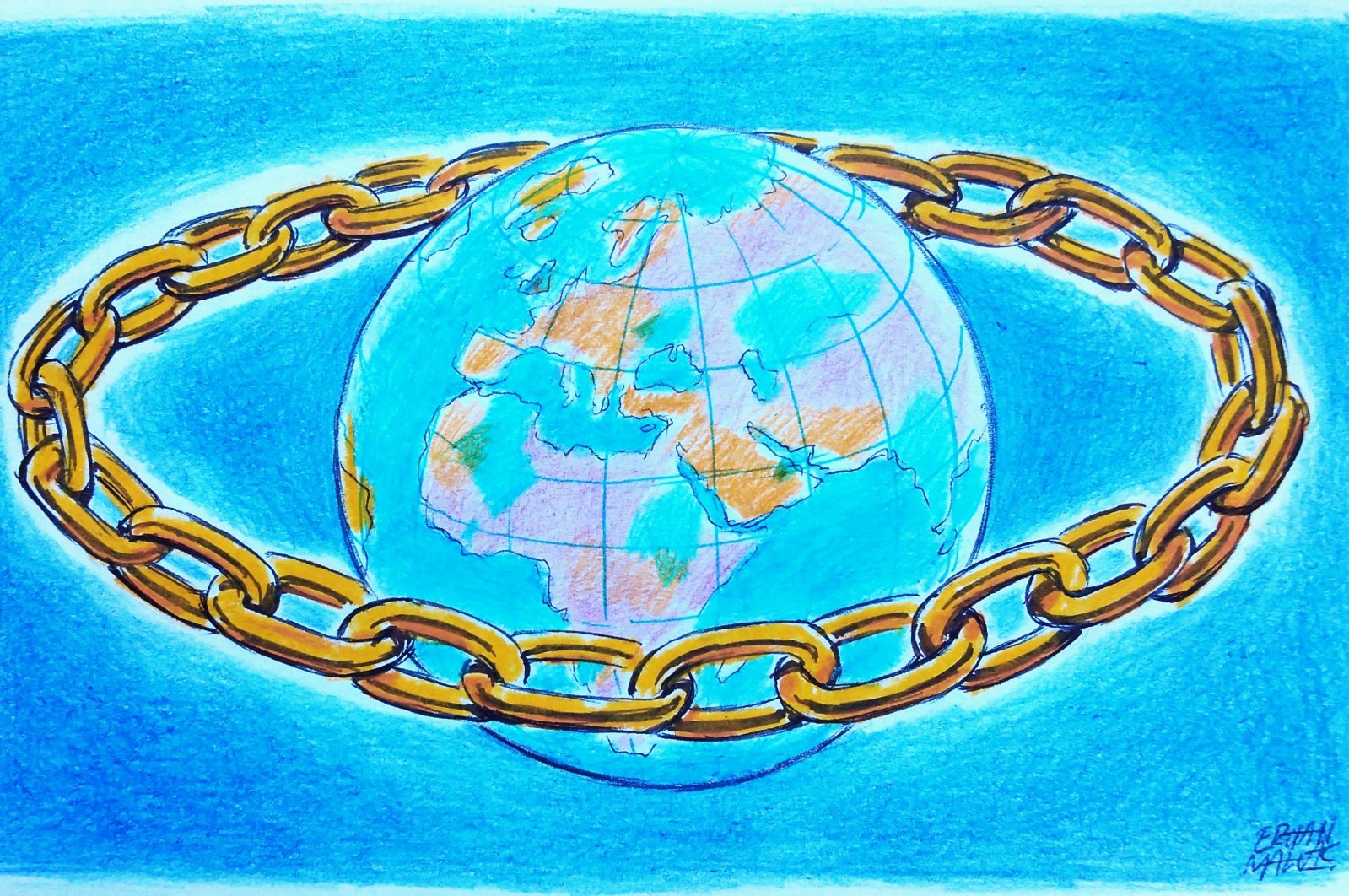Global competition and the “value chain”

The coming period points to great challenges for the world’s 40 leading economies. The leading actors and institutions of the global economic system are almost talking about a “third world war” scenario and issuing warnings.
Millions of companies and billions of people representing the global economy have of course not prioritized either World War III scenarios or theories that the global system could be plunged into chaos. However, if geopolitical and geoeconomic tensions between global and regional centers of power continue to escalate and reach new levels, the global trading network could enter a completely different crisis management process.
To make this topic dependent on future developments, let us address an important issue that has gained importance during this period for the top 40 economies in global competition: the “value chain”. This issue is currently addressed in three dimensions. The first dimension is the study of the country’s position in the global value chain. The second dimension is the review of the value chain model of the country’s strategically important sectors. The third dimension is the redefinition of the roles of different regions of the country in the value chain.
The first dimension is important in order to sustainably shape or further expand the current position of the 40 leading countries in the world economy and in global trade.
Can a country’s economy, with the quality of its products, its level of technology and its ability to meet expectations in strategic areas, play a strong, even indispensable role in the global value chain?
Turkey’s ambitious steps
Turkey continues to take effective and decisive steps to achieve such a position in the global defense industry. Will Turkey be able to achieve an assertive position in the global value chain of aerospace, transportation vehicles, digital technologies, energy technologies, mechanical engineering and metallurgy? This is the fundamental truth behind the issue of aggressive industrial policy, which has been the most important issue in recent times even in leading economies such as the United States, the European Union and Japan.
In addition, Turkey is strengthening its position in the value chain of the tourism and hospitality industry, international air traffic and the global services industry.
Let us not forget that every sustainable position that Turkey and Turkish companies achieve in the global value chain benefits the Turkish economy in the form of high added value and high exports. Therefore, it is possible to strengthen Turkey’s position in the global value chain and achieve high added value with traditional Turkish sectors. For this reason, it is important to discuss Turkey’s 35 most strategic sectors, analyze the value chain of Turkish sectors in detail, intensify local and national measures and multiply the added value of the sectors.
Today, 40 leading countries in the world are discussing, one after another, the value chains of their country’s strategic sectors and conducting comprehensive studies, from foreign dependence to the energy model, from the carbon footprint to the supply chain. This brings us to the third dimension.
The top 40 economies are analyzing in detail not only the value chain of their strategic sectors, but also the position of different regions of the country in the value chain of the country’s economy. This means defining new roles for different regions of the country in the name of sustainable development. All these issues are also on our country’s radar, and we will continue to think about them.



